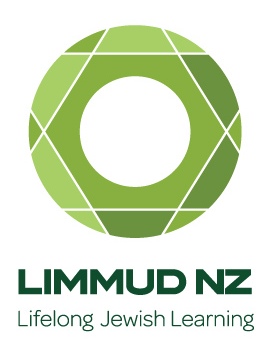
In many minds, Anti-Semitism has disguised itself as advocacy for Palestinian Arabs and opposition to Israel’s existence. Unsurprisingly therefore, NZFOI is keenly interested in NZ’s policies toward Israel in its fight against Anti-Semitism. Those following the many articles setting out the policies, the statements and the track records of the various NZ political parties in relation to Israel, will have noticed something:
Over the last few years, no matter what they have said prior to entering government all have become subordinated to the “long-standing” and “even-handed” foreign policy set out by previous administrations and closely guarded by the Ministry of Foreign Affairs.
Each administration has parroted these two catch-phrases, “long-standing” and “even-handed” policy (or their synonyms) over and over whenever the Middle East Conflict has arisen.
These two phrases or variations of them are being recited by each administration because this is the advice given by the Ministry of Foreign Affairs and Trade (MFAT). We know this because of the good work of the Israel Institute of New Zealand who obtained the Ministry of Foreign Affairs and Trade’s advice on NZ’s UN voting between 2015-2018 through the Official Information Act. In those documents, the Ministry says:
“New Zealand has for many years endeavoured to take a balanced and even-handed approach to Middle East issues in the UN, with the primary objective of supporting a sustainable two-state solution, best achieved through direct Israeli-Palestinian negotiations.”
In defending Resolution 2334, Bill English said it “expressed long-standing international policy.”
Based on his 2017 pre-election statements, Winston Peters looked like an opportunity to reset NZ’s relations with Israel in the aftermath of NZ’s unwise sponsorship of Resolution 2334. Yet in 2020, he too repeated that NZ’s policy was a “consistent” one and it was “balanced” when questioned as to why his government supported anti-semitic bias at the UN.
During a casual conversation with Gerard van Bohemen, a previous NZ Representative to the UN and now High Court judge, he too re-affirmed that NZ’s stance on the Middle East was “long-standing” and “even-handed.” It’s been crafted over many decades and transcends individual administrations. He then said, we shouldn’t have a go at the Ministry as they are just a civil service, there to implement the policies of the current administration. NZFOI needed to get to the academic experts who helped shape the policy in the first place.
It’s almost as if the Ministry of Foreign Affairs has frightened each incoming administration with disastrous consequences if it dared to touch the “long-standing” and “even-handed” policy which embodies the collective wisdom of previous governments, that in their eyes, has performed so well in protecting New Zealand’s interests.
Without focusing on the Ministry of Foreign Affairs and the “experts” it uses to form its views on international issues, NZ’s interests, and therefore how it advises each incoming administration, NZ’s stance on the Middle East Conflict will not be diverted from its current course.
Because of this, when it comes to Israel it doesn’t matter that much which major party forms the government.











